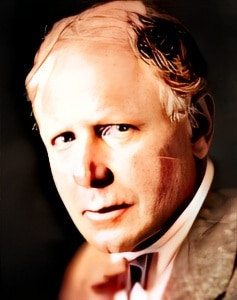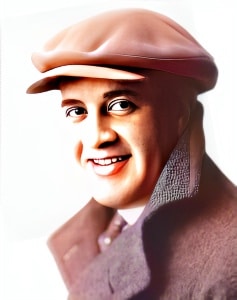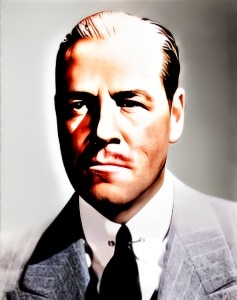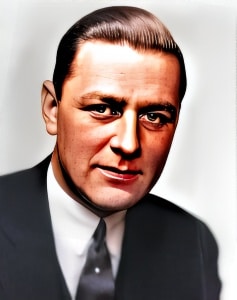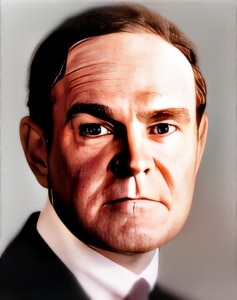 Guy Oliver, born on September 22, 1878, in Chicago, Illinois, was a highly regarded character actor known for his remarkable versatility and memorable performances during the silent film era.
Guy Oliver, born on September 22, 1878, in Chicago, Illinois, was a highly regarded character actor known for his remarkable versatility and memorable performances during the silent film era.
With a career that spanned over four decades, Oliver made a significant impact on the early days of Hollywood and remains a celebrated figure in the history of cinema.
Oliver began his career in the theater, where he honed his acting skills and developed a strong foundation in the performing arts. His experience on the stage served as a solid platform for his transition into silent film, allowing him to effortlessly embody a wide range of characters.
One of his earliest notable film appearances was in the 1912 silent short film “So Near, Yet So Far,” directed by D.W. Griffith. This marked the beginning of a prolific career in film, with Oliver frequently cast in supporting roles that showcased his exceptional range as an actor.
Guy Oliver was celebrated for his ability to adapt to various roles, whether they were comedic, dramatic, or character-driven. His expressive face, distinctive appearance, and skilled acting allowed him to bring authenticity and depth to the characters he portrayed.
In the realm of comedy, Oliver’s contributions were significant. He often played supporting roles in comedies, employing his impeccable timing and physical comedy skills to enhance the humor of the films he appeared in. His presence on screen added a layer of charm and laughter to many productions, endearing him to audiences.
While he was well-received in comedic roles, Oliver also demonstrated his dramatic prowess in films such as “ The Avenging Conscience” (1914), directed by D.W. Griffith, where he played a vital part in the unfolding narrative. His ability to seamlessly transition between genres solidified his reputation as a versatile character actor.
One of the milestones of Guy Oliver’s career was his involvement in the epic silent film “ The Covered Wagon” (1923), directed by James Cruze. In this Western classic, Oliver played a significant supporting role, contributing to the film’s critical and commercial success. “ The Covered Wagon” is considered a pivotal moment in the history of the Western genre in cinema.
As Hollywood transitioned to sound cinema in the late 1920s, Oliver continued to adapt to the changing landscape of the industry. While some silent film stars faced challenges in making the transition to sound, Oliver’s dedication to his craft allowed him to continue working in the evolving medium.
Guy Oliver’s career extended well into the sound era, and his contributions to the early days of Hollywood left an indelible mark on the history of cinema. His enduring talent, adaptability, and the depth he brought to his characters have secured his place as a celebrated figure in the world of film.
Oliver’s work continues to be appreciated by film historians and enthusiasts, serving as a testament to the enduring power of character acting and the lasting impact of silent film stars. His legacy lives on as a testament to the rich history of cinema and the influential role he played in shaping the medium during its formative years.

